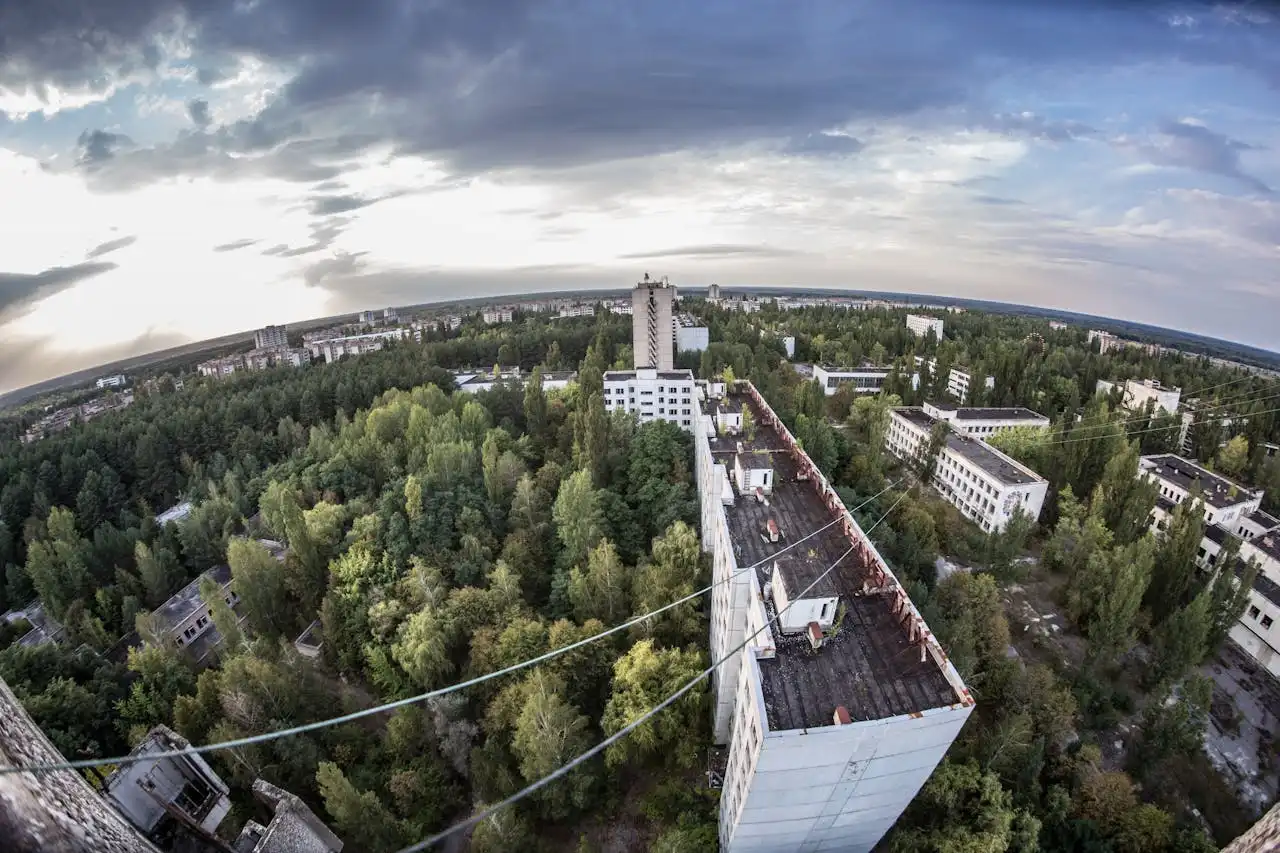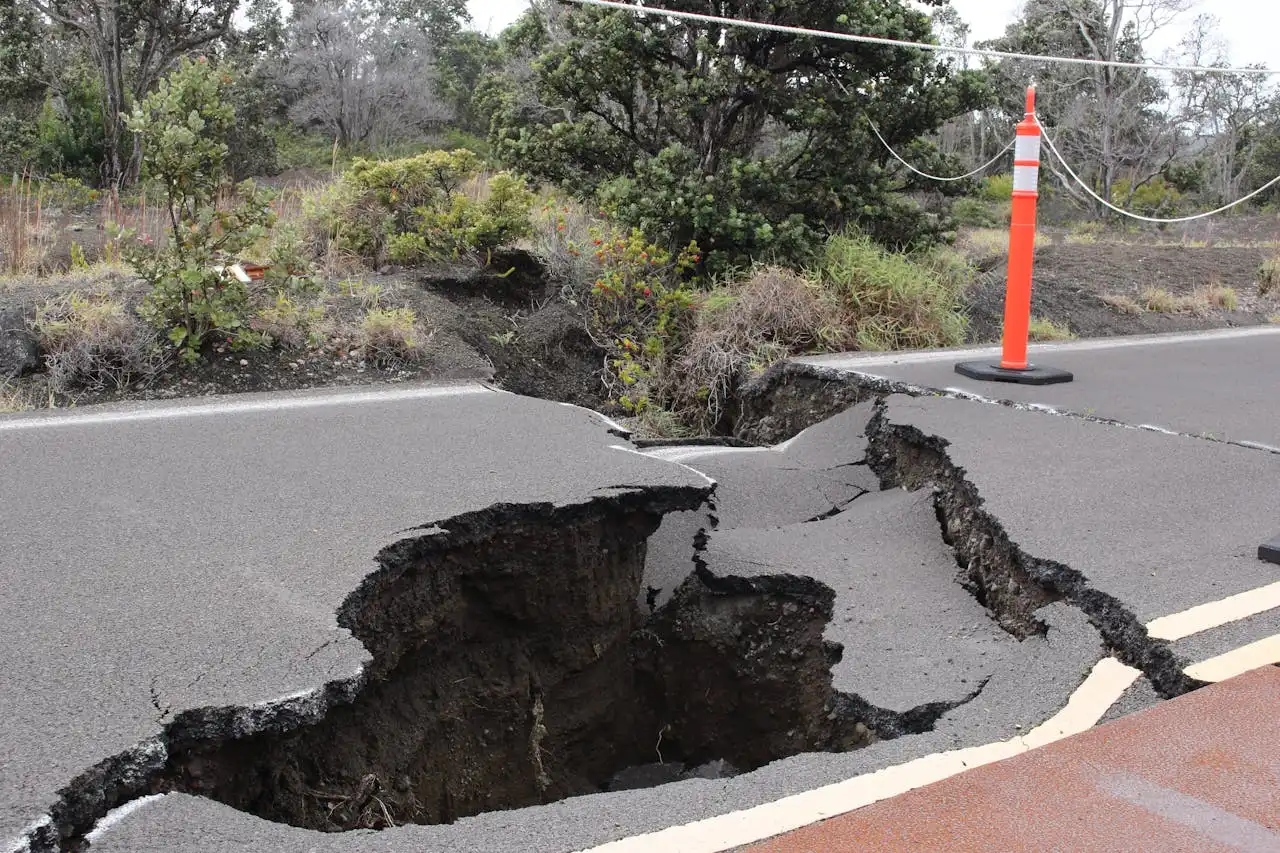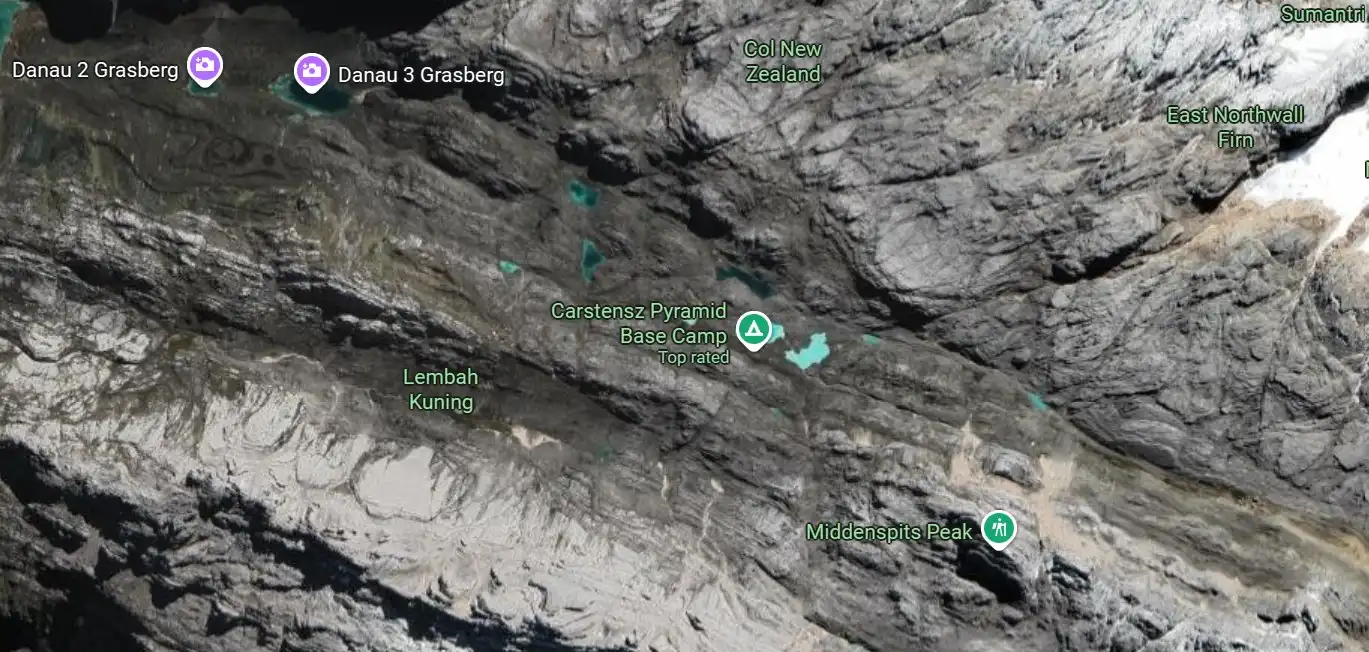The Unseen Legacy: Chernobyl's Enduring Echoes on Life and Land
Muhe - Monday, 25 August 2025 | 04:00 PM (WIB)


The Human Cost: A Lingering Shadow
When we talk about the immediate fallout, the most jarring, undeniable long-term health consequence that truly hit home was a significant surge in thyroid cancer. Picture this: children, especially those in the immediate aftermath, exposed to radioactive iodine. This invisible enemy, taken up by the thyroid gland, turned into a ticking time bomb for many. It's one of those grim statistics that leaves an indelible mark, a stark reminder of the indiscriminate nature of radiation. Of course, initial fears immediately jumped to a slew of other cancers. And while some studies suggest a heightened risk for things like leukemia or breast cancer in the exposed populations, these links aren't quite as clear-cut as the thyroid cancer story. It’s a murkier picture, often complicated by other factors or the sheer difficulty of definitively proving a causal link years down the line. It's not that they're entirely dismissed, but rather, the scientific community treads carefully here. Beyond cancer, the brave souls who worked on the clean-up, the liquidators, faced a more tangible, non-cancerous threat: cataracts, a clouding of the eye's lens. And let's not forget the invisible scars. The psychological toll – the gnawing anxiety, the pervasive depression, the stress of displacement, and the stigma of living in a contaminated world – was, and remains, a widespread and profound impact, often overlooked but deeply felt. But here’s a twist, something that might make you breathe a slight sigh of relief amid the grim statistics: despite all the initial fears about a genetic apocalypse, no statistically significant increase in hereditary genetic mutations has been observed in humans. That’s right. It seems our DNA, at least on a population level, has shown a remarkable resilience to passing on these radiation-induced changes to the next generation. Who would've thought? It challenges some of our most primal fears about radiation and its legacy.Nature's Grand Experiment: The Exclusion Zone's Wild Revival
Now, let's turn the tables and look at the environment, specifically the Chernobyl Exclusion Zone. You'd expect a barren wasteland, right? A post-apocalyptic desert where nothing could possibly thrive. Well, get ready for a surprise. This heavily contaminated area, ironically, has become an accidental, thriving wildlife sanctuary. It's almost like a real-life "Jurassic Park," but with wolves instead of dinosaurs, and radiation as the unintended guardian. The absence of human activity – the constant noise, the hunting, the farming, the relentless march of development – has allowed nature to reclaim its own in the most spectacular way. Populations of many animal species, from majestic moose and stealthy lynx to formidable bears and packs of wolves, once a rarity, now roam freely, their numbers significantly increased. It’s a testament to the power of resilience, a bittersweet irony that the very force that drove humans out also created an undisturbed haven for the natural world. Sure, some subtle radiation-induced effects like increased mutation rates or immune system suppression have been observed in these wild inhabitants. But here’s the kicker: these effects generally don’t seem to hinder overall population growth or ecological recovery. Nature, it seems, just keeps on finding a way to adapt and thrive, even in the face of an invisible threat. However, the story isn’t entirely rosy. The invisible enemy still lurks. Persistent radionuclides, primarily Cesium-137 and Strontium-90, are the long-haul contaminants. They’ve burrowed deep into the soil, seeped into the water, and become an integral part of the food chain. This is especially true for forest products like mushrooms and berries, which act like sponges for these radioactive elements. For communities living on the fringes of the zone, who traditionally relied on these for sustenance, it presents an ongoing challenge and a constant reminder that the ground beneath their feet isn't quite as innocent as it looks. And let's not forget the looming threat of forest fires. These aren't just destructive blazes; they can remobilize radioactive particles into the atmosphere, effectively hitting the 'reset' button on contamination, potentially spreading it far and wide once more.Looking Ahead: Lessons from the Zone
So, what’s the takeaway from this complex saga? Chernobyl demonstrates a deeply nuanced truth. While radiation undeniably has severe and lasting health consequences, irrevocably altering lives and landscapes, the removal of human pressures can, quite unexpectedly, lead to remarkable ecological recovery and resilience. It's a stark reminder of our own impact on the planet, often more destructive than even the most potent radioactive elements over the long haul. The Chernobyl Exclusion Zone, therefore, remains a living laboratory, a subject of intense scientific scrutiny. Ongoing monitoring and research continue to refine our understanding of these long-term effects, peeling back layers of complexity with each passing year. It's a cautionary tale, yes, but also a beacon of resilience, teaching us profound lessons about adaptation, the delicate balance of ecosystems, and perhaps, about our own place in the grand scheme of things.
Did Earth Just Jump from 3D to 5D? Let's Deconstruct the Hype
6 months ago

South Korea Says "No More Pixels, More Pencils!" in Classrooms
6 months ago

Japan Earthquake Rumors: Between Manga Prophecies, Tourist Fear, and Scientific Reality
6 months ago

Marina Bay Sands to Become a New Icon with US$8–9 Billion Development
6 months ago

Global Water Crisis 2025: A Threat That Cannot Be Ignored
6 months ago

The Vanishing Crown: Global Warming's Grip on Carstensz Peak's Glaciers
6 months ago

The Pig Lungs That Could Change Everything: A New Dawn for Organ Transplants?
6 months ago

South Korea's Latest Crime-Fighting Gizmo: Say Hello to the Hologram Police!
6 months ago

The Cosmic Game of Hide-and-Seek: Beyond Planet X, Meet Planet Y?
6 months ago

Russia's Tech Gambit: Unpacking the Bold Move to Ditch WhatsApp for a Homegrown Messenger
6 months ago
